Angina is a medical condition in which you experience pressure or squeezing in your chest. Although it may feel like a heart attack, it is usually a warning sign.

That sudden, unpredictable pain that shoots up your chest is not necessarily a heart attack. It is angina, a condition that could indicate an impending heart attack. It is best if you begin treatment early for this ailment. And to help you do the same, here are some excellent home remedies. Scroll down for more information.
What Is Angina?
The chest pain occurs when the blood flowing to a part of your heart isn’t sufficient enough. This could be due to something blocking your arteries or when there is a decrease in blood flow in the arteries that bring oxygen-rich blood to your heart.
Angina is classified into different types, depending on its duration and symptoms.
Types Of Angina
Angina is mainly divided into four types. They are:Stable Angina: This is the most common type of angina and is mainly triggered due to physical activities or stress. Stable angina lasts for a few minutes and usually disappears with rest. This type of angina is also referred to as angina pectoris.Unstable Angina: Unstable angina can catch you off guard even during rest. It usually surfaces when you aren’t very active. This type of angina is usually long-lasting and keeps recurring every now and then.Prinzmetal’s Angina: This type of angina is also referred to as variant angina. It is rare and can occur while you are resting or even sleeping. Prinzmetal’s angina can be quite painful to deal with.Microvascular Angina: This is a recently discovered type of angina. Individuals affected by this type may develop chest pain but will have no artery blockage. It is often a symptom of the coronary microvascular disease.
Although chest pain is the main symptom that characterizes angina, it affects different individuals differently.
Signs And Symptoms Of Angina
Individuals affected by angina can develop any of the following sensations in their chest. They may feel:
AchingBurningA feeling of fullnessDiscomfortHeaviness or pressureSqueezing
You may also develop:Pain behind the breastbone that may spread to your shoulders, arms, jaw, back, neck, or even throatMen may feel a pain in the chest, neck, and shoulders.Shortness of breathDizzinessSweating
Coming to the causes of and risk factors for angina, some of the most common culprits are discussed below.
Causes Of And Risk Factors For Angina
The major cause of angina is an underlying heart disease. When a fatty compound called plaque begins to line your arteries, it blocks the blood flow to the muscles of your heart. As a result, your heart functions with less oxygen. This causes chest pain.
Other causes of the chest pain include:A block in any of the major arteries of your lungs (pulmonary embolism)A thickened or unusually enlarged heart (hypertrophic cardiomyopathy)Narrowing of the heart valves (aortic stenosis)Swelling of the sac surrounding your heartA tear in the wall of the aorta (the largest artery in your body), also referred to as aortic dissection
In some cases, individuals with symptoms of angina may also have developed blood clots in the arteries of the heart, which may soon result in a heart attack if not attended to on time.
Many tend to mistake angina for a heart attack. Hence, we have come up with some of the major differences between these two medical conditions to increase your awareness.
Angina Vs. Heart Attack
Angina is mainly divided into four types. They are:Stable Angina: This is the most common type of angina and is mainly triggered due to physical activities or stress. Stable angina lasts for a few minutes and usually disappears with rest. This type of angina is also referred to as angina pectoris.Unstable Angina: Unstable angina can catch you off guard even during rest. It usually surfaces when you aren’t very active. This type of angina is usually long-lasting and keeps recurring every now and then.Prinzmetal’s Angina: This type of angina is also referred to as variant angina. It is rare and can occur while you are resting or even sleeping. Prinzmetal’s angina can be quite painful to deal with.Microvascular Angina: This is a recently discovered type of angina. Individuals affected by this type may develop chest pain but will have no artery blockage. It is often a symptom of the coronary microvascular disease.
Although chest pain is the main symptom that characterizes angina, it affects different individuals differently.
Signs And Symptoms Of Angina
Individuals affected by angina can develop any of the following sensations in their chest. They may feel:
AchingBurningA feeling of fullnessDiscomfortHeaviness or pressureSqueezing
You may also develop:Pain behind the breastbone that may spread to your shoulders, arms, jaw, back, neck, or even throatMen may feel a pain in the chest, neck, and shoulders.Shortness of breathDizzinessSweating
Coming to the causes of and risk factors for angina, some of the most common culprits are discussed below.
Causes Of And Risk Factors For Angina
The major cause of angina is an underlying heart disease. When a fatty compound called plaque begins to line your arteries, it blocks the blood flow to the muscles of your heart. As a result, your heart functions with less oxygen. This causes chest pain.
Other causes of the chest pain include:A block in any of the major arteries of your lungs (pulmonary embolism)A thickened or unusually enlarged heart (hypertrophic cardiomyopathy)Narrowing of the heart valves (aortic stenosis)Swelling of the sac surrounding your heartA tear in the wall of the aorta (the largest artery in your body), also referred to as aortic dissection
In some cases, individuals with symptoms of angina may also have developed blood clots in the arteries of the heart, which may soon result in a heart attack if not attended to on time.
Many tend to mistake angina for a heart attack. Hence, we have come up with some of the major differences between these two medical conditions to increase your awareness.
Angina Vs. Heart Attack
Some of the major differences between angina and a heart attack are:
Angina
Angina is often related to heart disease and occurs as a build-up of a fatty substance (plaque) in the artery walls. Blood clots in the artery can also cause angina.
Angina can occur during rest as well as during strenuous activities. It lasts for about 5 minutes and improves with rest. The symptoms or pain associated with angina are usually localized around the chest.
Heart Attack
It occurs when one or more of your coronary arteries are blocked, which is mostly due to the plaque.
This blockage can also result in coronary artery disease, which is one of the leading cause of heart attacks.
If your chest pain strikes while you are not physically active and lasts for a long time, it could indicate a heart attack.
Pain associated with a heart attack may also affect your arms, jaw, head, and back.
If you notice any discomfort in your chest, which you feel is not normal, it is best to get yourself checked by a doctor for angina. He/She may conduct the following diagnosis for ruling out other possibilities.
Diagnosing Angina
Your doctor may perform a series of tests to confirm angina. He/She may begin by questioning you about your lifestyle and try to figure out the root cause.
He may ask for:
A blood test
Blood pressure tests
Urine test
Measuring your waist size
Your weight
Your diet and exercise habits
If you have unfortunately developed angina, you must leave no stone unturned to get your heart and overall health back on track. Given below are some simple home remedies that can help you fight this condition.
Home Remedies To Treat Angina Naturally
Essential Oils
Garlic
Ginger
Lemon Juice
Onion Juice
Beet Juice
Vitamins
Cayenne Pepper
Honey
Natural Treatments For Curing Angina
1. Essential Oils
a. Lavender Oil
Shutterstock
You Will Need
What You Have To Do
How Often You Should Do This
Do this once daily to keep stress away.
Why This Works
One of the main factors that trigger cardiac issues is emotional stress. Inhalation of lavender essential oil is known to keep stress and anxiety away, thereby helping in dilating your blood vessels.
b. Rosemary Oil
Shutterstock
You Will Need
What You Have To Do
How Often You Should Do This
You must do this once daily.
Why This Works
Rosemary essential oil helps you deal with angina and other heart diseases in two ways. It reduces your cortisol levels, which protects your body from oxidative stress. It can also improve the blood flow to your heart by dilating your blood vessels.
2. Garlic
Shutterstock
You Will Need
2-3 cloves of peeled garlic
What You Have To Do
Chew on two to three cloves of peeled garlic every morning.
How Often You Should Do This
You must do this once daily on an empty stomach.
Why This Works
Garlic works amazingly well in combating cardiovascular disorders, including unstable angina. It is known to increase the elasticity of your blood vessels and capillaries, which can help with angina and lower your blood pressure.
3. Ginger
Shutterstock
You Will Need
What You Have To Do
How Often You Should Do This
Do this at least twice daily for the desired effects.
Why This Works
Ginger contains a compound called gingerol that is known to help with high cholesterol. High cholesterol can cause blocks and clots in your blood vessels. Consuming ginger can reduce cholesterol, and its antioxidant activities can also fight oxidative stress.
4. Lemon Juice
Shutterstock
You Will Need
What You Have To Do
How Often You Should Do This
Drink this once daily on an empty stomach.
Why This Works
Oxidative stress can cause plaque build-up in your arteries (atherosclerosis), which is the leading cause of angina and heart attacks. The antioxidant properties of lemon can lower your cholesterol levels and alleviate oxidative stress.
5. Onion Juice
Shutterstock
You Will Need
What You Have To Do
How Often You Should Do This
Do this once every morning, preferably on an empty stomach.
Why This Works
Onion juice contains a compound called quercetin that is known for its cholesterol-lowering properties. This can also help reduce atherosclerosis or plaque build-up in your arteries, which is the main cause of angina.
6. Beet Juice
Shutterstock
You Will Need
1 glass of freshly extracted beetroot juice
What You Have To Do
Consume a glass of freshly extracted beetroot juice.
How Often You Should Do This
You must drink this juice twice daily.
Why This Works
Beetroot juice contains nitrates. When you exercise, these nitrates are converted into nitric oxide, which benefits your cardiovascular health in various ways, including alleviating symptoms of angina.
7. Vitamins
Shutterstock
Low levels of plasma vitamins E and C are known to put individuals at a higher risk of developing angina (14). Hence, these deficiencies need to be restored by consuming foods like citrus fruits, leafy vegetables, bell peppers, almonds, hazelnuts, and sunflower seeds. You can also opt to take supplements for these vitamins (if required), but only after asking your doctor.
8. Cayenne Pepper
Shutterstock
You Will Need
What You Have To Do
How Often You Should Do This
You must do this once daily, preferably every morning.
Why This Works
The active ingredient in cayenne pepper is capsaicin. This compound has impressive pain-relieving properties and also promotes cardiac health by lowering your cholesterol levels, treating atherosclerosis, and managing obesity. All of this makes cayenne pepper beneficial in treating angina.
9. Honey
Shutterstock
You Will Need
1-2 teaspoons of organic honey
What You Have To Do
Consume one to two teaspoons of honey.
How Often You Should Do This
You must do this once daily.
Why This Works
Honey and its polyphenols are wonderful for enhancing your cardiac health. They help in dilating your blood vessels with their vasodilating properties and also prevent clotting. This, in turn, prevents diseases like angina.
When it comes to curing angina and preventing its recurrence, your diet and lifestyle play a very important role. Thus, while you try out the above remedies, you must also incorporate some healthy changes in these areas.
Best Diet For Angina
If you are suffering from angina, consume foods like:
You must also avoid or limit consumption of:
In addition to making these diet changes, follow these tips to combat angina successfully.
Prevention Tips
There is always the risk of angina developing into a heart attack. Hence, you should not delay treating it. Also, while following the remedies and tips discussed in this post, individuals affected by angina should also seek medical help to avoid complications later in their life.
Hope all your doubts regarding angina were answered in this post. For further queries, do not hesitate to get in touch with us via the comment box below.
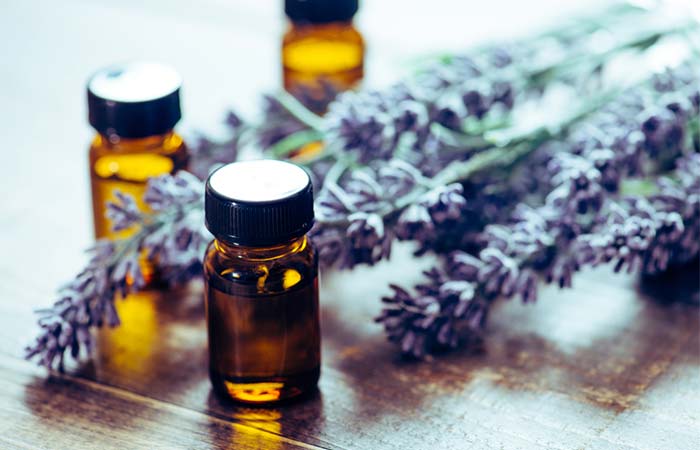
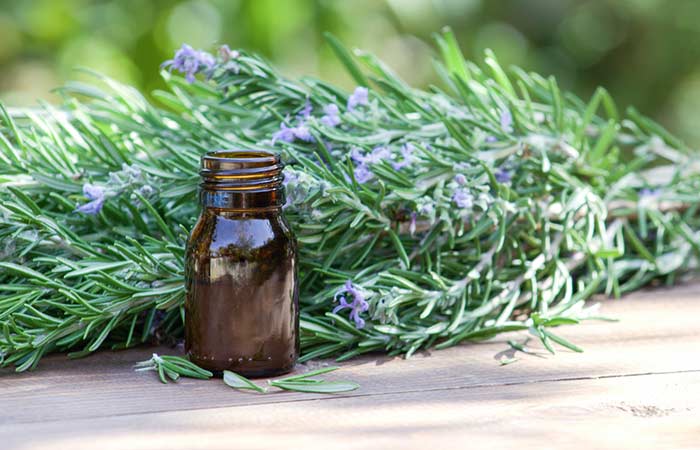
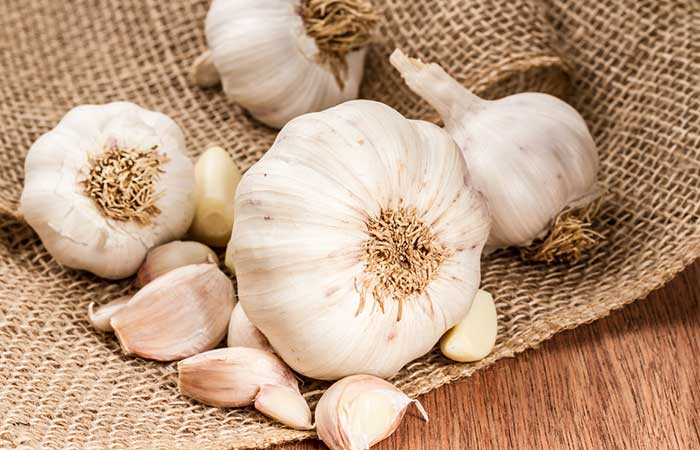
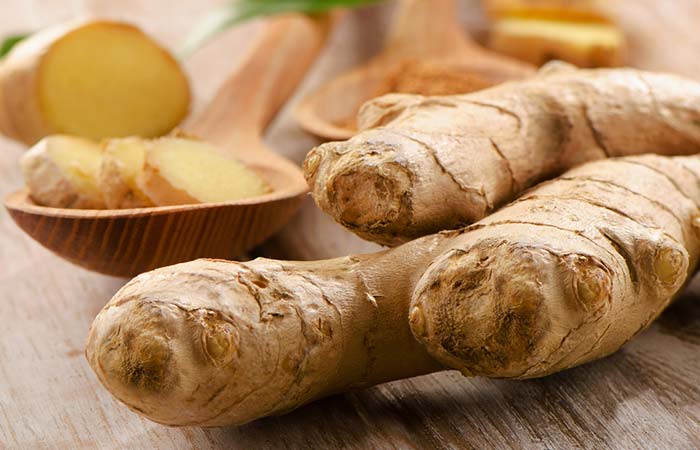
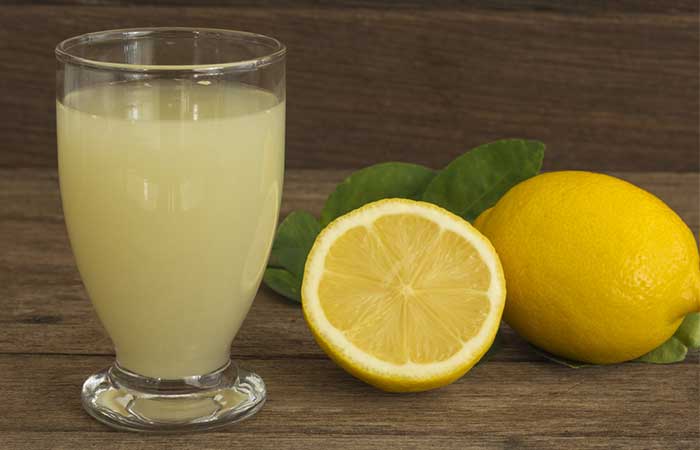
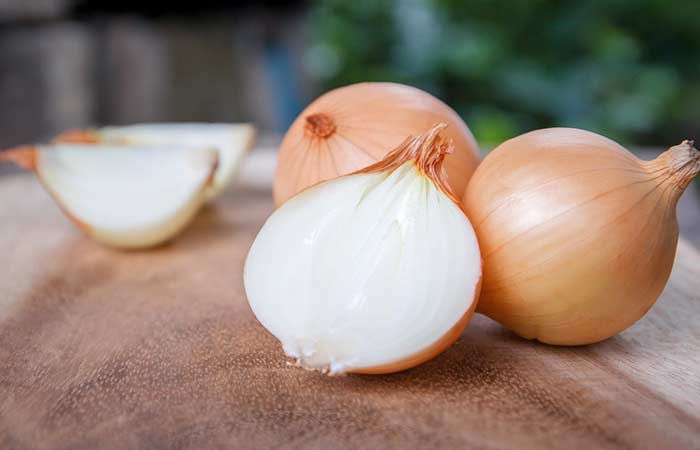
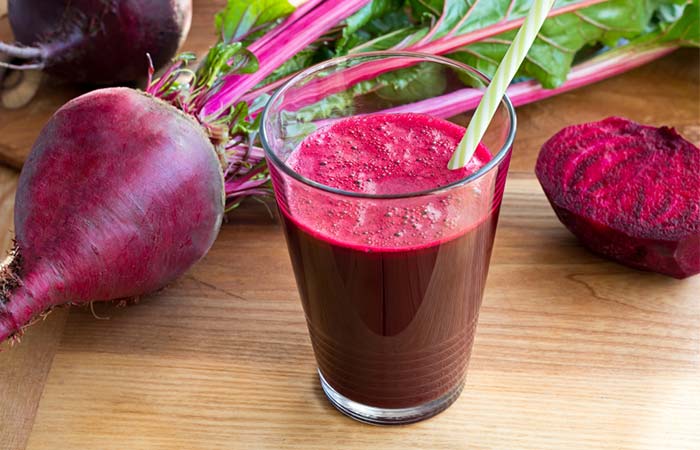



No comments:
Post a Comment